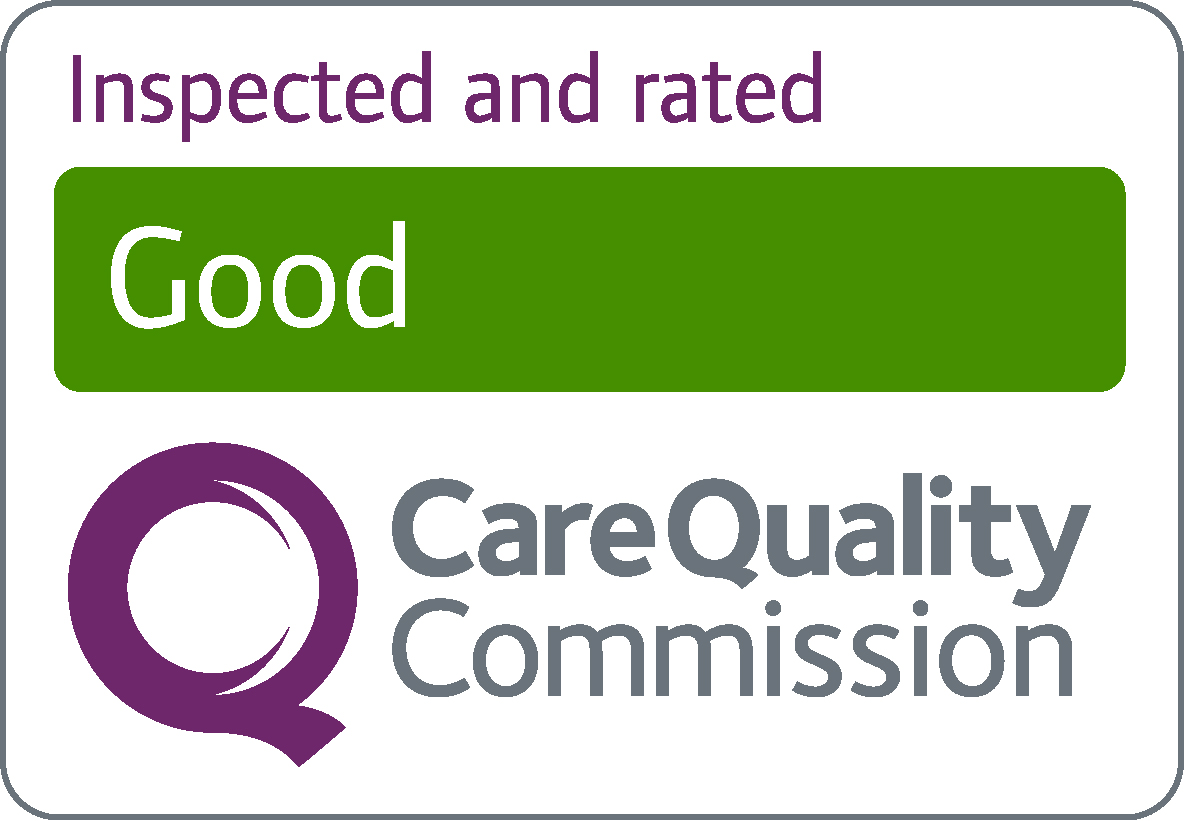September 24, 2025
Vitamin B12 Deficiency Anaemia: All You should Know
Vitamin B12 deficiency anaemia is a condition where red blood cells fail to synthesise healthily due to insufficient vitamin B12. The lack causes immature, abnormally large red blood cells that poorly transport oxygen. At Chequers Health, we can provide you with all the need-to-know and evidence-based information to help you learn how to recognise clinical symptoms, understand the underlying pathophysiology, and seek effective treatment methods.
The term B12 deficiency Anaemia
Vitamin B12 or cobalamin is essential in not only the production of red blood cells but also in the maintenance of the health of the nervous system. The results of the vitamin shortage are megaloblastic anaemia, the consequences of which include the production of enlarged erythrocytes that are unable to sufficiently transport oxygen to the body.
The symptoms and their associated risks
It can have sinister clinical manifestations and often consists of:
- Unexplained tiredness and weakness (especially generalised muscle weakness)
- Paraesthesia, a sensation of pins and needles in extremities
- Glossitis which is manifested in the form of a smooth inflamed tongue of tanned hue
- Ataxic gait, poor coordination, repeated falls
- Mild sensorimotor perception disorders, such as impaired short-term memory
- Jaundice of the skin and sclera or pallor
Exertional Dyspnoea
Delay in diagnosis and management can cause permanent nerve damage to the central and peripheral nervous system and other severe systemic problems.
Testing and diagnosis
The following investigations may be organised by your doctor:
- A full blood count test shows enlarged red blood cells, which are indicative of microcytosis.
- Serum Cobalamin Measurement- verifies a low vitamin B12 level.
- Serum Folate- another test usually done along with it to rule out deficiency of folate as a mimicker.
- Intrinsic Factor Antibody Test- identifies autoimmune pernicious anaemia as a cause of underlying conditions
The causes of Vitamin B12 deficiency
- Pernicious anaemia – the immune system attacks the stomach and stops it making something called intrinsic factor, which is needed to absorb vitamin B12.
- Poor eating habits- most commonly among strict vegans and vegetarians who avoid consumption of any animal sources of food.
- Gastrointestinal disease- examples of disease processes that reduce absorption include coeliac disease, Crohn’s disease, and bacterial overgrowth.
- Surgical resection -if part of the stomach or intestine has been removed, the body may not absorb vitamin B12 as well.
- Chronic pharmacotherapy (medicines)-some long-term medicines, such as tablets for heartburn (proton pump inhibitors) or diabetes (metformin), can affect vitamin B12 levels.
Management strategies
Vitamin B12 Injections
- In the UK, the most common injection used is called hydroxocobalamin.
- How often you need injections depends on the cause of your deficiency. Some people need them for life, usually every 2–3 months.
Vitamin B12 Tablets
- High-dose tablets can help if your deficiency is due to diet or if your body can still make intrinsic factor (a substance that helps absorb B12).
- Tablets don’t work well if your body has problems absorbing B12.
Lifestyle Changes
- Eat more foods rich in vitamin B12, such as red meat, fish, eggs, and milk.
- If you are vegan, choose plant-based foods and drinks that are fortified with vitamin B12.
Recovery
- Nerve-related symptoms (like tingling or numbness) usually improve gradually over a few months.
- Blood tests usually return to normal within 6–8 weeks after proper treatment.
- The sooner treatment starts, the better the chance of a full recovery.
When to call into a medical professional
Visit your GP in case you see:
- tingling in the feet or hands
- sustained unexplained tiredness
- the difficulty in walking
- memorial or mood alterations
Related material
What Is Anaemia?: Association Complete Guide
Anaemia in Women: Periods, Pregnancy and Hormonal Connections
Frequently Asked Questions
Some symptoms usually disappear when confronted rapidly but some nerve damages are irreversible in case of delayed treatment.
Some people say that they immediately feel more energetic, but it may take a few weeks to feel completely restored.
It takes effort to get enough vitamin B12, so fortified foods or supplements are strongly recommended.
It occurs in the form of an autoimmune disorder that does not allow the body to absorb B12 through food.
Yes-low levels can enhance depression, poor memory and cloud mental processing.
Have questions? Get in touch
If you would like to learn more about anything you’ve read here, our team at Chequers is happy to help. You can speak with us directly by calling 01204 928850, or book an appointment easily through our website. Your questions and concerns matter and we’re here to support you every step of the way.


